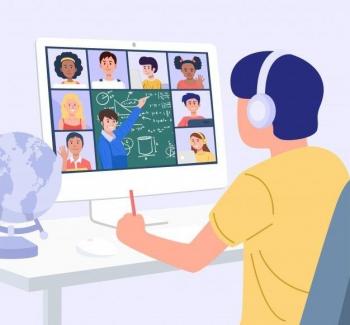The DEI Debate in Speech Therapy: Why Standards Are Changing and What It Means

The DEI Debate in Speech Therapy: Why Standards Are Changing and What It Means
What Sparked the Controversy in Speech Therapy Standards?
In a move that has ignited discussions across the field, the American Speech-Language-Hearing Association (ASHA) recently proposed removing Diversity, Equity, and Inclusion (DEI) language from its standards guide for speech therapists. This decision has raised critical questions: Why would an organization dedicated to communication remove language about inclusivity? How does this impact patients and practitioners? The debate reflects broader tensions in healthcare about how professional standards should address societal issues.
For example, some clinicians argue that removing DEI principles might disproportionately affect marginalized communities who already face barriers in accessing speech therapy services. Others contend that the changes streamline guidelines to focus strictly on clinical competencies.

The Arguments For and Against Removing DEI Language
Proponents' Perspective: Focusing on Clinical Skills
Supporters of the change argue that speech therapy standards should concentrate on measurable clinical skills rather than ideological frameworks. They emphasize that competency in treating disorders—like aphasia or stuttering—should be the primary benchmark, not a therapist's engagement with DEI concepts.
For instance, a therapist in rural Texas might prioritize mastering evidence-based techniques for childhood apraxia over DEI training modules. This camp believes that overemphasis on DEI could dilute professional standards.

Opponents' View: DEI as Essential to Patient Care
Critics counter that understanding cultural contexts is a clinical skill. A bilingual child with a speech delay, for example, may be misdiagnosed if therapists lack training in linguistic diversity. Research shows that implicit bias affects diagnosis rates—Black children are 50% less likely to receive timely speech therapy than white peers with similar needs (Hechinger Report, 2023).
Real-world cases demonstrate consequences: A Navajo-speaking student in Arizona was wrongly placed in special education because school therapists didn't account for dialectal differences. 
How This Decision Compares to Other Healthcare Fields
While ASHA reevaluates DEI, organizations like the American Medical Association (AMA) are doubling down. The AMA recently integrated health equity into physician licensing exams. This divergence highlights a key question: Should therapeutic professions address societal inequities as part of their mandate?
Physical therapy provides an interesting middle ground. The APTA's standards mention cultural sensitivity but focus more on biomechanics than systemic barriers. Meanwhile, nursing boards increasingly require coursework on social determinants of health.
Potential Impacts on Patients and Practitioners
For Marginalized Communities
If DEI guidance weakens, vulnerable groups may face greater disparities. Consider immigrant families navigating speech therapy systems—without explicit standards encouraging language accommodations, non-English speakers could struggle to access care.
For Speech Therapists
Early-career clinicians might receive less training on serving diverse populations. A 2022 ASHA survey found 68% of members valued DEI resources for treating clients across cultural lines. Their absence could leave therapists unprepared for real-world complexities.

Looking Ahead: Possible Compromises and Solutions
Some propose hybrid approaches—embedding DEI concepts within clinical examples rather than standalone mandates. For instance, certification exams could include case studies requiring culturally responsive interventions.
Others suggest tiered standards: baseline requirements for all therapists, with advanced DEI certifications for specialists serving high-need populations. This mirrors how some states handle bilingual education endorsements.







